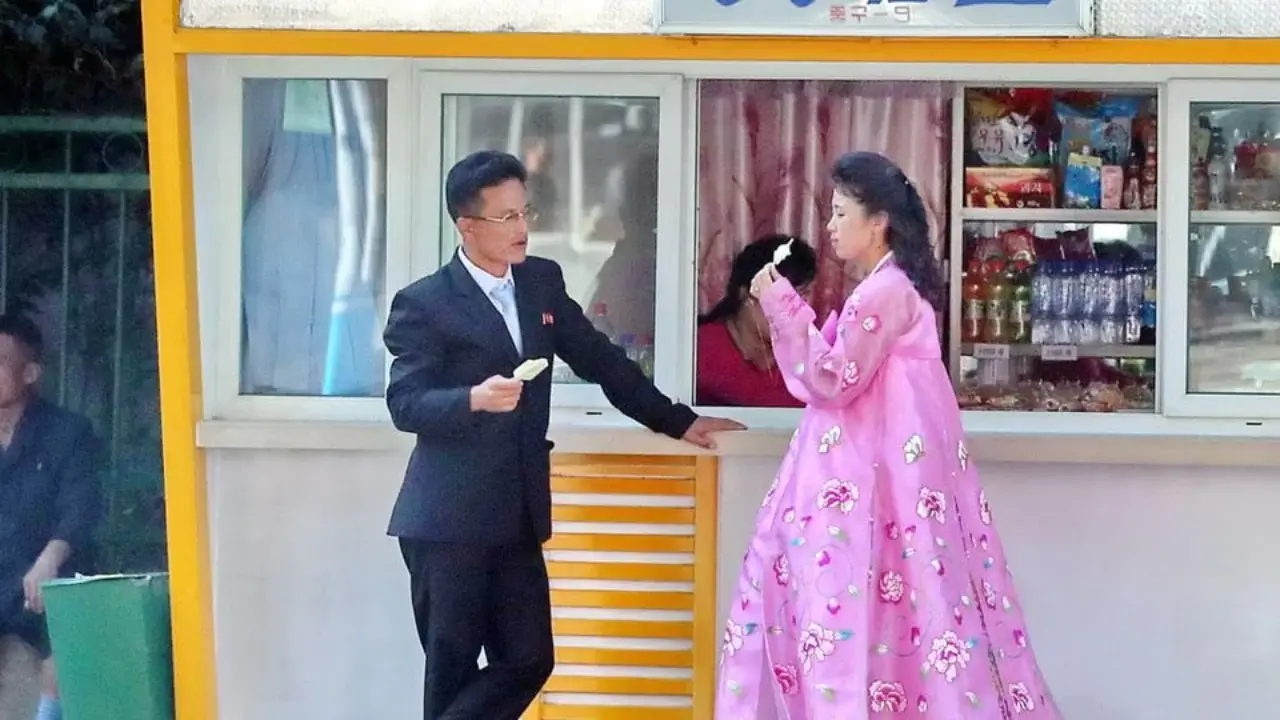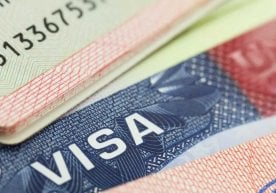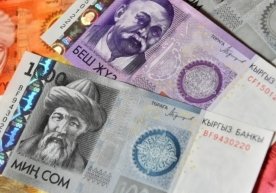North Korea bans saying "hamburger," "ice cream," and "karaoke"

North Korea has once again drawn public attention with another unusual decision. A new training program for guides who are expected to work in the tourism sector has been launched in the country, and one of the main requirements is the prohibition of using words borrowed from English and South Korean. This was reported by Daily NK.
According to the information, from August 21 training courses for guides started throughout the country. They are fully supervised by the Personnel Department of the Workers’ Party of Korea. Each group consists of 20–30 trainees. The curriculum includes not only professional training but also rules of conduct, style of communication with tourists, and dress code requirements.
The main focus is on the speech of guides. Authorities emphasized the importance of word and phrase selection. For example, instead of the word “hamburger,” it is recommended to use the long description “two-layer bread with beef mince.” For “ice cream,” the terms “Eskimo” or “frozen confection” must be used. And instead of the widely used in South Korea word “karaoke,” the phrase “machine for singing along with a screen” is recommended.
The main goal of the program is to teach guides to use exclusively “North Korean” vocabulary. Borrowed words, especially those coming from the southern neighbor, must be completely eliminated.
However, one trainee told journalists: “Sometimes it is still necessary to use foreign words because tourists only understand them.” At the same time, it is emphasized that a guide who speaks incorrectly may be immediately expelled from the program.
The training course lasts three months. At the end, trainees take an exam and, depending on the results, are hired. The country had been closed to tourists since 2020 due to the pandemic. Only after four years — in February 2024 — did the first tourist group from Russia visit Pyongyang and a ski resort. In addition, from the summer of 2025, one of North Korea’s largest projects — the Wonsan-Kalma resort complex — also began operating.
According to experts, this decision can be considered not only as a language policy but also as a new stage in the country’s tourism policy.
Read “Zamin” on Telegram!




















